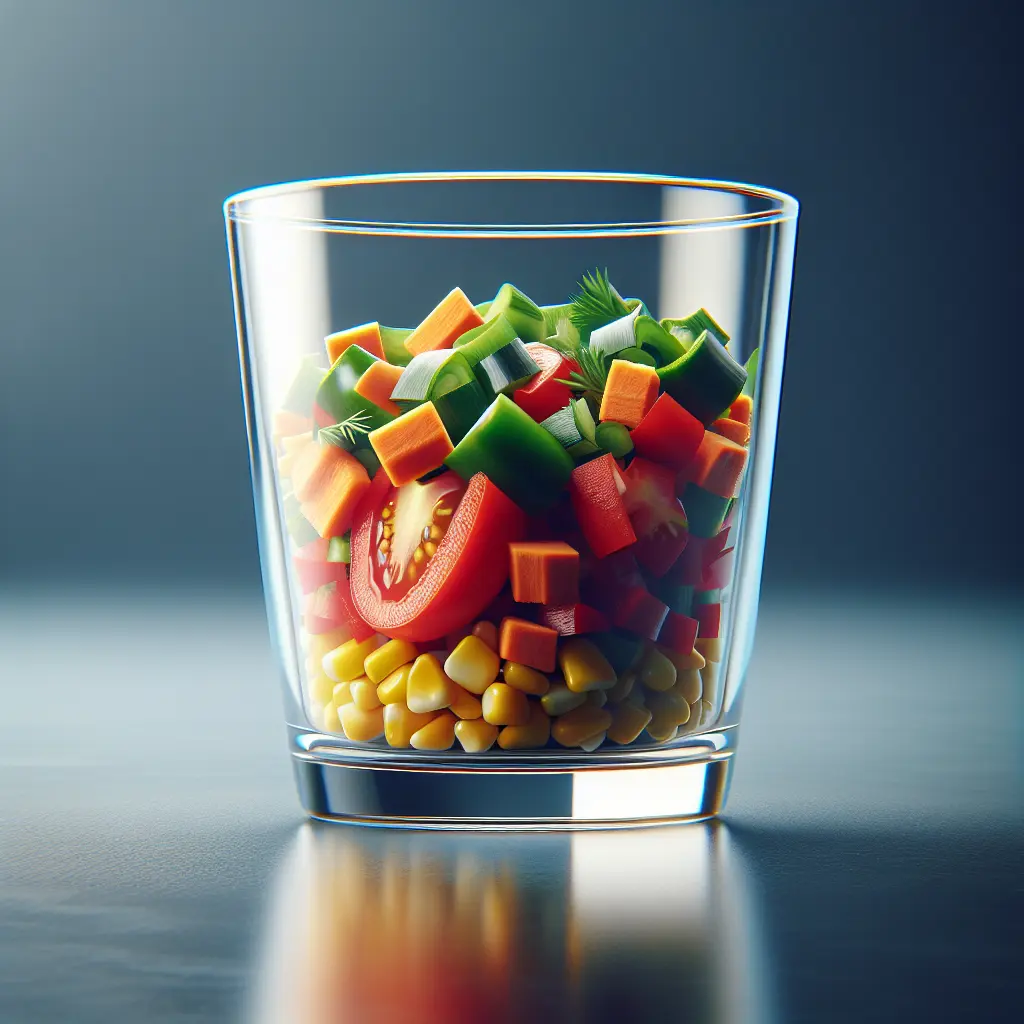The Nutritional Profile of Vegetables
Vegetables are packed with an array of essential nutrients, including vitamins, minerals, and antioxidants. They are a rich source of:
- Vitamin A: Supports eye health, immune function, and cell growth.
- Vitamin C: Boosts immunity, protects against oxidative damage, and promotes collagen production.
- Folate: Essential for red blood cell formation, DNA synthesis, and fetal development.
- Potassium: Regulates blood pressure, supports hydration, and aids in muscle function.
- Fiber: Promotes digestive health, regulates blood sugar levels, and increases satiety.
Health Benefits of Consuming Vegetables
Incorporating vegetables into your daily diet offers numerous health benefits, including:
- Reduced Risk of Chronic Diseases: Vegetables contain antioxidants that protect against oxidative damage, which is linked to chronic diseases such as heart disease, stroke, and cancer.
- Improved Heart Health: The fiber in vegetables helps lower cholesterol levels and improve blood flow, reducing the risk of cardiovascular events.
- Enhanced Digestive Health: The insoluble fiber in vegetables promotes regular bowel movements and prevents constipation.
- Weight Management: Vegetables are low in calories and fat, making them an ideal food for weight loss and maintenance.
- Reduced Inflammation: Antioxidants in vegetables combat inflammation throughout the body, which is associated with a range of health conditions.
Incorporating Vegetables into Your Diet
There are countless ways to incorporate vegetables into your meals and snacks. Consider the following tips:
- Add vegetables to omelets, scrambled eggs, or breakfast burritos.
- Roast or grill vegetables and serve them as a side dish.
- Puree vegetables and add them to sauces, soups, or smoothies.
- Snack on raw vegetables, such as carrots, celery, or cucumbers, with hummus or guacamole.
- Create vegetable-based salads or stir-fries.
By making vegetables a regular part of your diet, you can reap the numerous nutritional and health benefits they offer. Enjoy the endless culinary possibilities and discover a healthier, more vibrant way of life.
How many calories are in Vegetable?
Each 0.5 cup of Vegetable contains 59 calories.
Vegetable Nutritional Information
| Nutrient | Amount per 0.5 cup (91g) |
|---|---|
| Calories | 59 Calories |
| Protein | 2.6g |
| Fat | 0.1g |
| Saturated Fat | 0g |
| Cholesterol | 0mg |
| Carbohydrates | 12g |
| Dietary Fiber | 4g |
| Sugar | 2.8g |
| Sodium | 0.032mg |
| Potassium | 0.1538mg |
| Calcium | 0.023mg |
| Iron | 0.0008mg |
